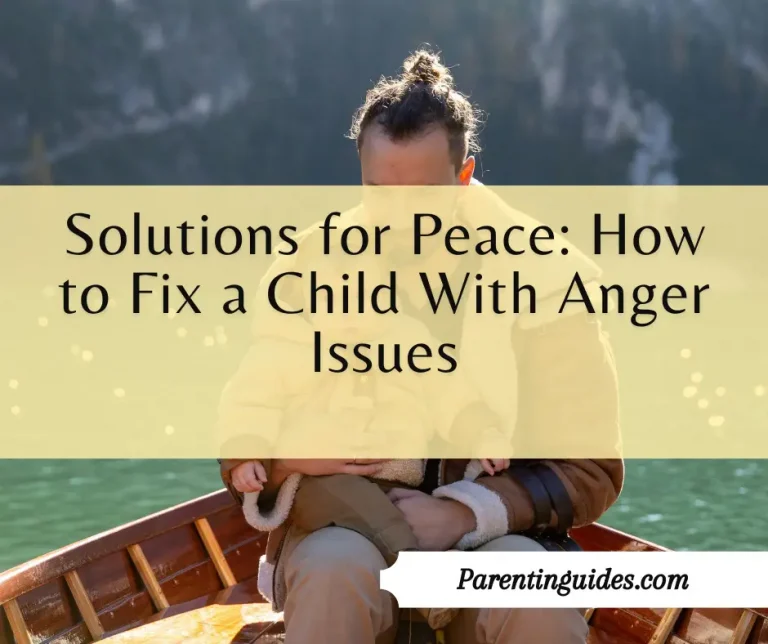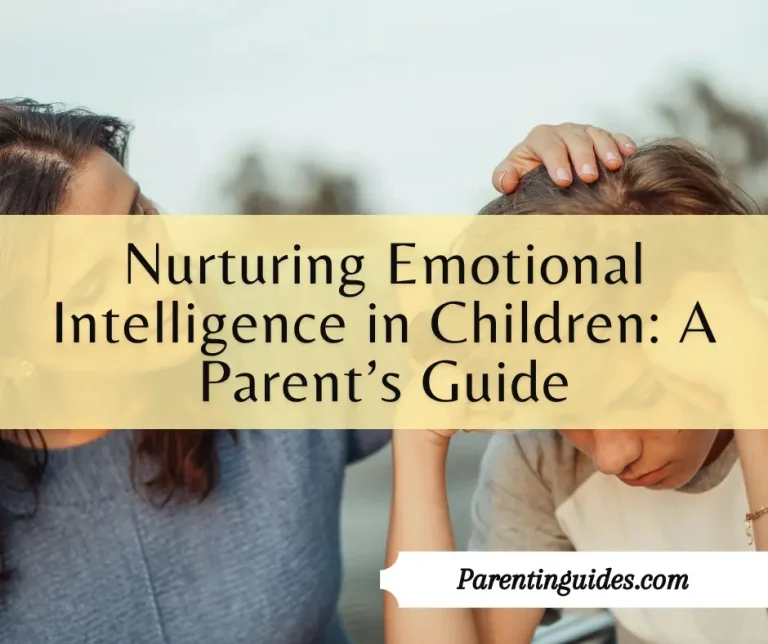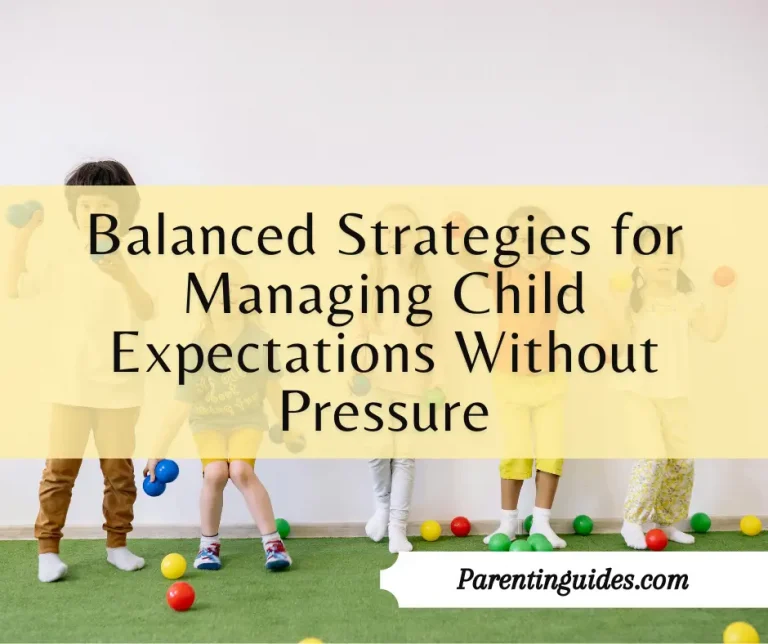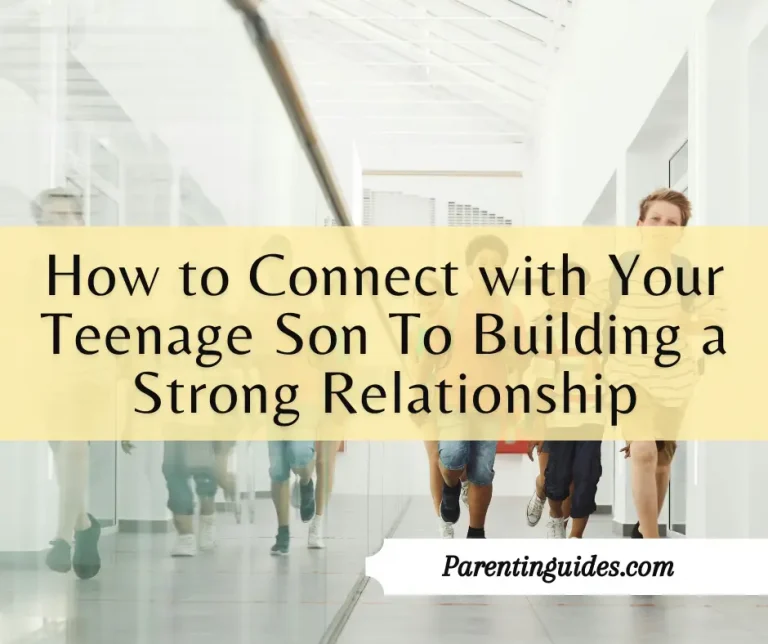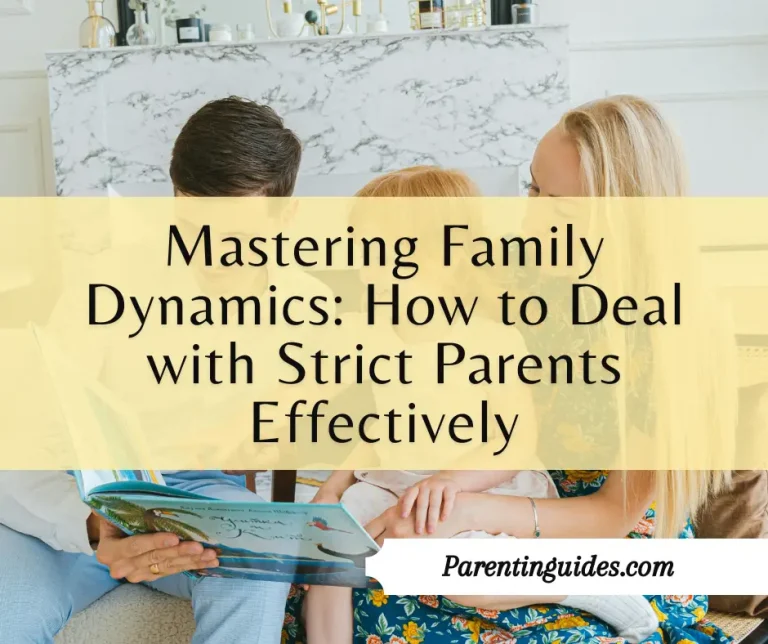Parenting a teenage daughter is full of challenges. I’ve experienced this firsthand with my own daughter. Each stage of her life comes with new hurdles, but the teenage years seem to be the most complex. It’s a time when she’s trying to figure out who she is, while also navigating peer pressure and societal expectations. My husband and I often find ourselves walking a tightrope, trying to support her without overstepping boundaries.
When it comes to the things you should never say to your teenage daughter, communication is crucial to be considered. The words we use can significantly impact her development and self-esteem. I’ve learned that what we say and how we say it can either build her up or tear her down. It’s essential to be mindful of our language, as even well-intentioned comments can sometimes hurt. For example, my husband once casually mentioned something about her appearance, thinking it was harmless. But it really upset her and made us realize how powerful words can be.
Here, one of the biggest lessons I’ve learned is that there are certain things you should never say to your teenage daughter. Our words can either build them up or tear them down. This article will focus on the phrases and comments that parents should avoid. By being aware of these, we can create a more supportive environment for our daughters.
In this article, I’ll share phrases and comments that parents should avoid saying to their teenage daughters. I’ve gathered these insights from my personal experiences and the lessons learned along the way. By being more aware of our words, we can help our daughters grow into confident and self-assured young women. So, let’s dive into the things you should never say to your teenage daughter.
Negative Comments About Appearance of Children
Criticizing Weight
I recall a moment when my husband and I made a mistake that had a big impact. One evening, my husband casually mentioned that our daughter should consider eating healthier. He didn’t mean to hurt her, but the comment about her weight really upset her. She withdrew into herself and avoided family meals for a while. It was a tough lesson for us.
These comments can severely affect a teenager’s self-esteem and body image. Our daughter became very self-conscious and started doubting her own worth. It’s something you should never say to your teenage daughter. Instead of helping, these comments can make them feel judged and ashamed of their bodies.
We learned to use more supportive phrases and actions. Now, we focus on promoting healthy habits without mentioning weight. We say things like, “Let’s go for a walk together” or “I love how strong you are becoming.” It’s important to encourage positive behavior without making them feel self-conscious. This approach has made a huge difference in our relationship with our daughter.
Things You Should Never Say to Your Teenage Daughter Comparing to Others
There was a time when I compared my daughter to her friend, thinking it would motivate her. I said, “Look how well Sarah is doing in school.” My daughter’s face fell, and she seemed hurt. This comparison made her feel inadequate and less valued. It’s another thing you should never say to your teenage daughter.
Comparisons can damage a teenager’s sense of self-worth and individuality. They start to believe they are not good enough. Our daughter felt that she could never measure up to her friends, which made her feel even worse about herself.
Instead of comparing, we now celebrate our daughter’s unique qualities. We acknowledge her strengths and achievements, no matter how small they might seem. We say things like, “I’m proud of how hard you worked on that project” or “You have such a creative mind.” By focusing on her individual talents, we help her build self-confidence and feel appreciated for who she is.
Pointing Out Flaws
One day, I pointed out a pimple on my daughter’s face, thinking it was no big deal. I said, “You have a little pimple there.” She looked in the mirror and frowned. That small comment hurt her feelings more than I realized. It’s something you should never say to your teenage daughter.
When it comes to the things you should never say to your teenage daughter, these comments can have lasting effects on their self-confidence. Our daughter became very self-conscious about her appearance. She started avoiding social events and spent more time worrying about her looks.
It is better to remember that there are many things you should never say to your teenage daughter. Instead of pointing out flaws, we now focus on her positive traits and achievements. We compliment her on things she does well, like her artistic skills or her kindness to others. We say things like, “You did an amazing job on your painting” or “I love how caring you are with your friends.” This shift in focus has helped her feel more confident and valued.

Questioning Their Choices and Decisions
Academic Decisions
One time, I questioned my daughter’s choice to take art classes instead of more “practical” subjects. I asked, “Are you sure art is the right choice?” She looked disappointed and defensive. I realized then that you should never say to your teenage daughter anything that makes her doubt her passions. My husband also felt the impact when he questioned her decision to drop a science class for more literature courses.
Undermining her decisions can lead to self-doubt. Our daughter started second-guessing herself and felt pressured to meet our expectations rather than follow her interests. This created a lot of unnecessary stress for her.
We learned to support and guide without being judgmental. Now, we ask questions like, “What do you enjoy most about this subject?” or “How can we help you succeed in your chosen path?”. These questions show support and genuine interest without making her feel criticized. It’s important to trust her judgment and encourage her to pursue what makes her happy.
Friendships and Relationships
There was a time when we expressed disapproval of her choice of friends. I once said, “I don’t think that friend is a good influence.” This led to a heated argument and hurt feelings. My husband had a similar experience when he questioned her choice of a boyfriend. He said, “Are you sure he’s the right guy for you?” This caused a rift between them.
It’s crucial to remember that you should never say to your teenage daughter things that undermine her choices in friendships and relationships. Trusting her judgment is key. Constant criticism can harm your relationship with her and make her feel unsupported.
We now handle concerns more delicately. We express our worries by saying, “I noticed you seem upset after hanging out with that friend. Is everything okay?” or “I just want to make sure you’re happy in your relationship.” This way, we show care without being overly critical, allowing her to feel heard and respected.
Personal Style and Hobbies
I remember a time when I questioned my daughter’s choice of clothing. I said, “Are you really going to wear that?” She felt embarrassed and defensive. My husband also made a similar comment about her new hobby, asking, “Is that really a good use of your time?” These comments led to tension and frustration.
Such remarks can stifle her self-expression. When you question her personal style or hobbies, you send a message that her choices are not valid. It’s something you should never say to your teenage daughter because it can make her feel misunderstood and unappreciated.
Instead, we now try to show interest and encouragement. We say things like, “I love how you put that outfit together” or “Tell me more about your new hobby, it sounds fascinating.” This approach helps her feel supported and confident in her choices. By celebrating her individuality, we strengthen our bond and encourage her to be herself. Always remember, there are many things you should never say to your teenage daughter, and being mindful of your words can make all the difference.
Dismissing Their Feelings
Saying “It’s Just a Phase”
There was a time when my daughter was upset about a falling out with her friends. I told her, “It’s just a phase.” She looked hurt and walked away. My husband once said the same thing when she was struggling with anxiety over exams. He thought it would comfort her, but it did the opposite.
You should never tell your teenage daughter that her feelings are just a phase. It can make her feel invalidated and misunderstood. Acknowledging and respecting her emotions is crucial. When we learned to say things like, “I can see you’re upset, and that’s okay,” she felt heard and valued.
Empathizing with her feelings builds trust. We started using phrases like, “I’m here for you,” and “It’s okay to feel this way.” These words show support and understanding. It’s important to remember that every feeling she has is real and significant to her, and dismissing them can create a gap between you.
Minimizing Problems
Once, my daughter came to me, distressed about a conflict with her best friend. I said, “You’ll forget about this by tomorrow.” She felt unheard and withdrew. My husband also minimized her worries about a school project, saying, “It’s not a big deal.” This made her feel even more anxious.
You should never say to your teenage daughter that her problems are not important. Belittling her concerns can make her feel insignificant and ignored. We learned to take her worries seriously and listen actively. Saying, “Tell me more about what happened,” or “How can I help you with this?” makes a big difference.
Offering genuine support and showing that her problems matter helps her feel secure. We now focus on being there for her, no matter how small the issue seems to us. This approach strengthens our relationship and ensures she knows we’re always ready to support her.
Comparing to Your Own Experiences
I once compared my daughter’s struggles with bullying to my own teenage experiences. I said, “When I was your age, I just ignore bullies.” She felt frustrated and disconnected. My husband made a similar mistake by saying, “Back in my day, we handled things differently.”
You should never say to your teenage daughter that her struggles are the same as yours. Generational differences and the unique pressures of today’s teens mean their experiences are different from ours. Comparing them can make her feel misunderstood and isolated.
Instead, we learned to focus on her individual experiences. We say things like, “I can’t imagine how tough that must be for you,” or “What do you think would help in this situation?” These questions show that we value her perspective and are here to support her uniquely. By understanding her world and challenges, we provide the tailored support she needs. Always remember, there are many things you should never say to your teenage daughter. Here, being mindful of your words can make all the difference.

Imposing Unrealistic Expectations
Academic Performance
I remember when my husband and I set high academic expectations for our daughter. We pushed her to get straight A’s, thinking it would open doors for her future. One day, she came home with a B on her math test. Instead of acknowledging her effort, we focused on the grade. She felt disappointed and stressed.
You should never say to your teenage daughter that anything less than perfect is unacceptable. This pressure can cause immense stress and anxiety. She started to believe that her worth was tied to her grades, which is never a healthy mindset.
Instead, we learned to set realistic and achievable goals together. We began to celebrate her efforts, not just the outcomes. We would sit down and discuss her goals, asking, “What do you feel comfortable aiming for?” This approach made her feel supported and relieved some of the academic pressure.
Social Behavior
There was a time when we expected our daughter to behave in a certain way socially. We wanted her to be outgoing and make lots of friends. At a family gathering, she stayed quiet and reserved. I told her, “You should talk more and be more friendly.” She looked hurt and distant.
You should never say to your teenage daughter that she must conform to social expectations. It’s important to let her develop her social skills naturally. Forcing her to be someone she’s not can lead to issues with self-esteem and confidence.
We learned to encourage positive social interactions without pressure. We started to ask her, “How do you feel about meeting new people?” or “What can we do to help you feel more comfortable?” By giving her the space to grow at her own pace. Here, we saw her become more confident and comfortable in social settings.
Future Plans
My husband and I once imposed our future plans on our daughter. We wanted her to pursue a specific career path, thinking it was best for her. When we talked about college, we pushed her towards a field she had no interest in. This created a lot of tension and arguments at home.
You should never say to your teenage daughter that her dreams aren’t valid. It’s crucial to allow her to explore her own interests and aspirations. Imposing your plans can make her feel trapped and unappreciated.
We realized the importance of supporting her dreams while providing guidance. We started asking her, “What are you passionate about?” and “How can we help you achieve your goals?” This shift in our approach made her feel valued and understood. It also strengthened our relationship as we began to support her journey, not just our expectations.
In conclusion, imposing unrealistic expectations on your daughter can have detrimental effects on her well-being. Whether it’s about academic performance, social behavior, or future plans, it’s essential to support her in a way that makes her feel understood and valued. Remember, there are many things you should never say to your teenage daughter, and being mindful of your words can help her thrive and grow into her best self.
Criticizing Their Efforts
School Projects and Homework
I remember a time when my daughter worked hard on a school project. She was so proud of her work. But instead of praising her effort, I pointed out the mistakes and areas that needed improvement. She looked crushed and her enthusiasm vanished.
You should never say to your teenage daughter that her efforts aren’t good enough. Constant criticism can make her feel like she can never meet your expectations. This can lead to a lack of motivation and self-doubt.
Instead, offer constructive feedback and encouragement. Start with what she did well, then gently suggest areas for improvement. This way, she feels appreciated and motivated to do better.
Household Chores
Once, my husband and I criticized our daughter for not cleaning the dishes properly. She felt frustrated and defensive. Our negative feedback made her reluctant to help with chores in the future.
You should never say to your teenage daughter that her efforts in household chores are worthless. Negative feedback can make her feel unappreciated and unwilling to contribute.
Positive reinforcement works much better. Show appreciation for her efforts, even if they aren’t perfect. Say, “Thank you for helping out, I really appreciate it.” This encourages her to keep trying and improve over time.
Extracurricular Activities
My daughter loved playing soccer, but after one game, I pointed out all the mistakes she made. She felt inadequate and questioned her abilities. My criticism overshadowed her love for the sport.
You should never say to your teenage daughter that her performance isn’t good enough. Recognizing her efforts and achievements is crucial for her self-esteem and confidence.
According to things you should never say to your teenage daughter, you can offer positive support and encouragement. Highlight her strengths and progress. Say, “I’m proud of how hard you played today.” This helps her feel valued and motivated to continue pursuing her interests. As parents, remember, there are many things you should never say to your teenage daughter.

Conclusion
Parenting a teenage daughter is a journey filled with challenges and learning experiences. As a mother, I’ve navigated these complexities with my husband, striving to support our daughter without overstepping boundaries. One of the key lessons we’ve learned in what we should never say to our teenage daughter is our words. Moreover, it is also about how they can deeply impact our daughter’s self-esteem and confidence.
Through our experiences, we’ve realized that some certain phrases and comments should never be said to a teenage daughter. One of these is criticizing her efforts, whether it’s in school projects, household chores, or extracurricular activities. Instead of pointing out flaws, it’s essential to offer constructive feedback and encouragement. By recognizing her efforts and achievements, we can help her feel valued and motivated.
Another crucial aspect you should never say to your teenage daughter is respecting her feelings. Dismissing her emotions as “just a phase” or minimizing her problems can make her feel invalidated and unheard. It’s important to empathize with her feelings and offer support without judgment. By acknowledging her emotions, we build trust and strengthen our relationship with her.
When it comes to things you should never say to your teenage daughter, imposing unrealistic expectations is another pitfall to avoid. Whether it’s academic performance, social behavior, or plans, it’s crucial to support her dreams and aspirations. By setting realistic goals together and celebrating her individuality, we help her develop a strong sense of self-worth.
In conclusion, parenting a teenage daughter requires patience, empathy, and understanding. By being mindful of our words and actions, we can create a supportive environment where our daughter can thrive and grow into a confident and self-assured young woman. Remember, there are many things you should never say to your teenage daughter, and by being aware of these, we can nurture a positive and loving relationship with her.

